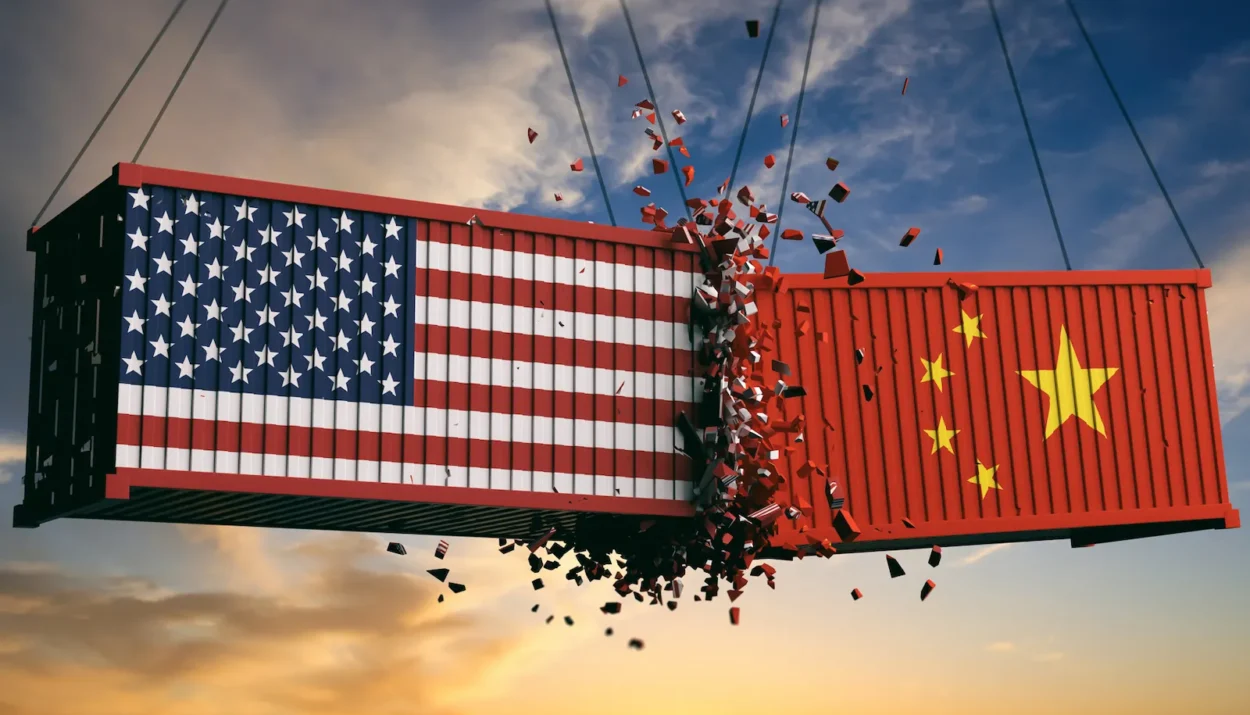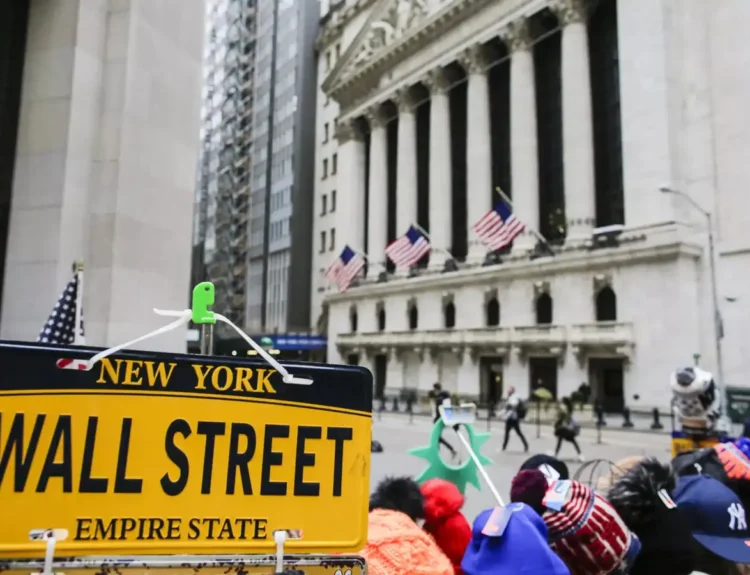Biden and Trump both appear to be competing for the title of ‘America’s Most Protectionist’
The U.S. political consensus on curbing China’s influence, through measures such as tariffs on Chinese electric vehicles (EVs) and banning TikTok, raises questions about the economic repercussions. Policymakers argue that past surges of Chinese imports weakened the U.S. manufacturing base, leading to calls for protectionist policies to prevent a repeat.
Despite the national security rationale, critics warn that unwinding trade with China could lead to higher prices and significant political backlash. They note that while trade restrictions might reroute imports through third countries, it wouldn’t enhance national security and could strain economic relations further.
Moreover, China’s dominance in sectors like EV production poses challenges for U.S. efforts to compete. A more nuanced approach, distinguishing between sensitive military technologies and other goods, is complex due to the intertwined nature of modern technologies.
Both nations must find a compromise to achieve stable and sustainable economic growth. Economic decoupling is seen as unviable, with multilateral cooperation deemed necessary to tackle global issues.
Credit: Kenneth Rogoff/Market Watch










